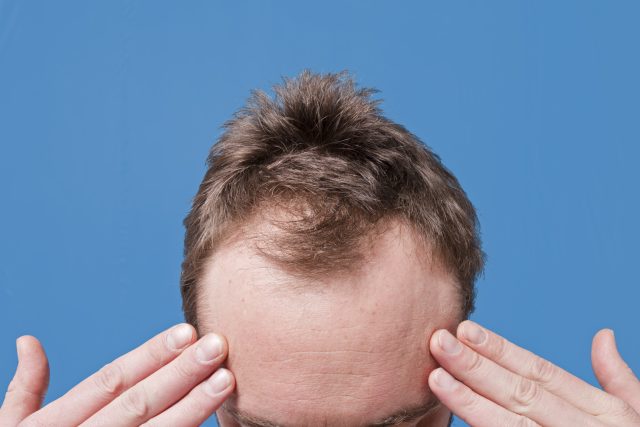Introduction
Low sex drive, also known as low libido or hypoactive sexual desire, refers to a decreased interest or desire for sexual activity. It can affect individuals of any gender and may have various underlying causes. This article aims to explore the concept of low sex drive, delve into research findings regarding its causes, and discuss available treatment options. By understanding the factors contributing to low libido and seeking appropriate interventions, individuals can address this concern and enhance their sexual well-being.What is Low Sex Drive?
Low sex drive refers to a persistent lack of interest in sexual activity that causes distress or dissatisfaction. It is essential to note that sexual desire can vary among individuals and can be influenced by various factors, including age, hormonal fluctuations, relationship dynamics, stress levels, and overall health. When a significant and enduring decline in sexual desire occurs, it may be classified as low sex drive.What does the Research Show Us about Low Sex Drive?
Research conducted in New Zealand and globally has contributed valuable insights into the factors associated with low sex drive. Several findings highlight the multifaceted nature of this condition:- Hormonal Imbalances: Hormonal fluctuations, such as reduced levels of testosterone in both men and women, can contribute to low sex drive. Studies have indicated that hormonal changes associated with aging, menopause, or certain medical conditions can affect sexual desire.
- Psychological Factors: Research suggests that psychological factors, including stress, depression, anxiety, and body image concerns, can significantly impact sexual desire. Mental well-being plays a crucial role in maintaining a healthy sex drive.
- Relationship Dynamics: The quality of an individual’s intimate relationships can influence their sexual desire. Factors such as communication, emotional connection, and relationship satisfaction are known to impact libido.
- Medications and Medical Conditions: Certain medications, such as antidepressants and some blood pressure medications, may have side effects that affect sexual desire. Underlying medical conditions, such as diabetes, thyroid disorders, or chronic pain, can also contribute to low sex drive.
What are the Available Treatments for Low Libido?
- Addressing Underlying Health Issues: If low sex drive is related to an underlying medical condition, managing that condition may help improve libido. Seeking medical advice and treatment for conditions like hormonal imbalances, depression, or chronic illnesses can have a positive impact on sexual desire.
- Couples or Sex Therapy: Psychotherapy or counseling, either individually or with a partner, can be beneficial in addressing psychological factors that contribute to low sex drive. Therapists can help individuals explore underlying issues, develop coping strategies, improve communication, and enhance relationship dynamics.
- Lifestyle Modifications: Adopting a healthy lifestyle can positively influence libido. Engaging in regular exercise, maintaining a balanced diet, managing stress levels, and prioritizing self-care can contribute to overall well-being and potentially enhance sexual desire.
- Medication Options: In certain cases, healthcare professionals may consider prescribing medication to address low sex drive. Medications such as bupropion or testosterone replacement therapy (for individuals with clinically low testosterone levels) may be recommended after a thorough evaluation.
Conclusion
Low sex drive can significantly impact an individual’s quality of life and intimate relationships. Understanding the causes and available treatment options is essential for addressing this concern. Research conducted in New Zealand and worldwide has shed light on the multifactorial nature of low sex drive, highlighting the importance of considering physical, psychological, and relational factors. By seeking professional guidance, exploring underlying issues, and considering appropriate interventions, individuals can work towards improving their sexual well-being and overall satisfaction. References:- Health Promotion Agency New Zealand. (2021). Sexual Health. Retrieved from https://www.health.govt.nz/your-health/healthy-living/sexual-health
- Burleigh, T. L., et al. (2017). Sexual desire, communication, satisfaction, and preferences of men and women in same-sex versus mixed-sex relationships. Journal of Sex Research, 54(3), 349-361. doi: 10.1080/00224499.2016.1143443
- University of Auckland. (2020). Sexual Health Research and Education Unit. Retrieved from https://www.fmhs.auckland.ac.nz/en/sms/about/our-departments/social–community-health/sexual-health.html
- Mayo Clinic. (2021). Low sex drive in women. Retrieved from https://www.mayoclinic.org/diseases-conditions/low-sex-drive-in-women/symptoms-causes/syc-20374554

Dr Afraz Adam
Chief Medical Officer
MBBS. FRNZCUC





